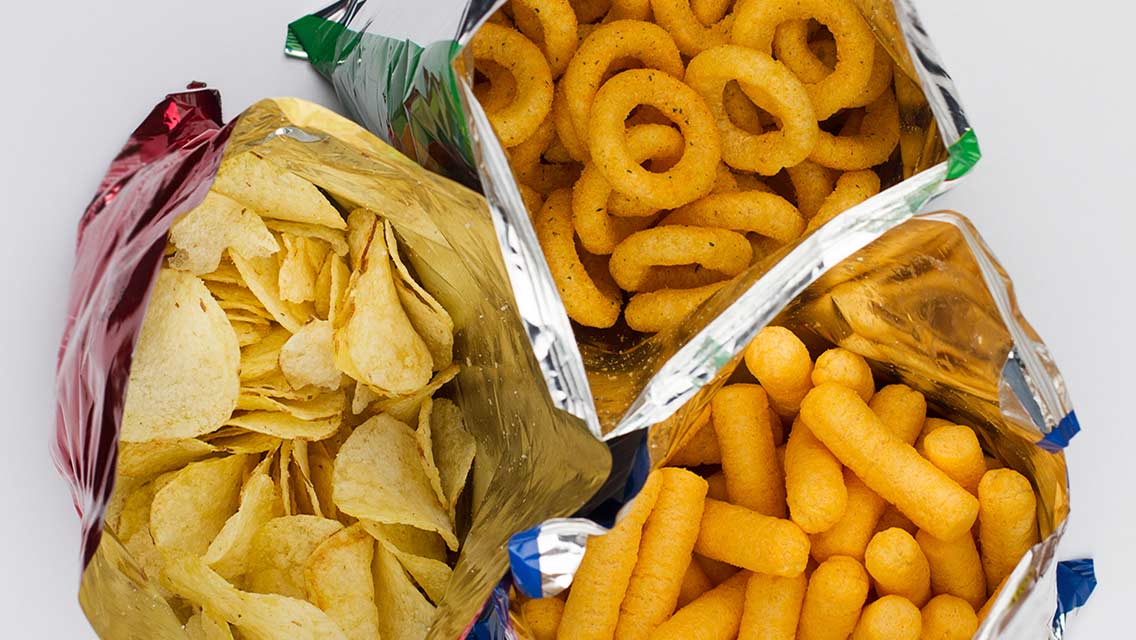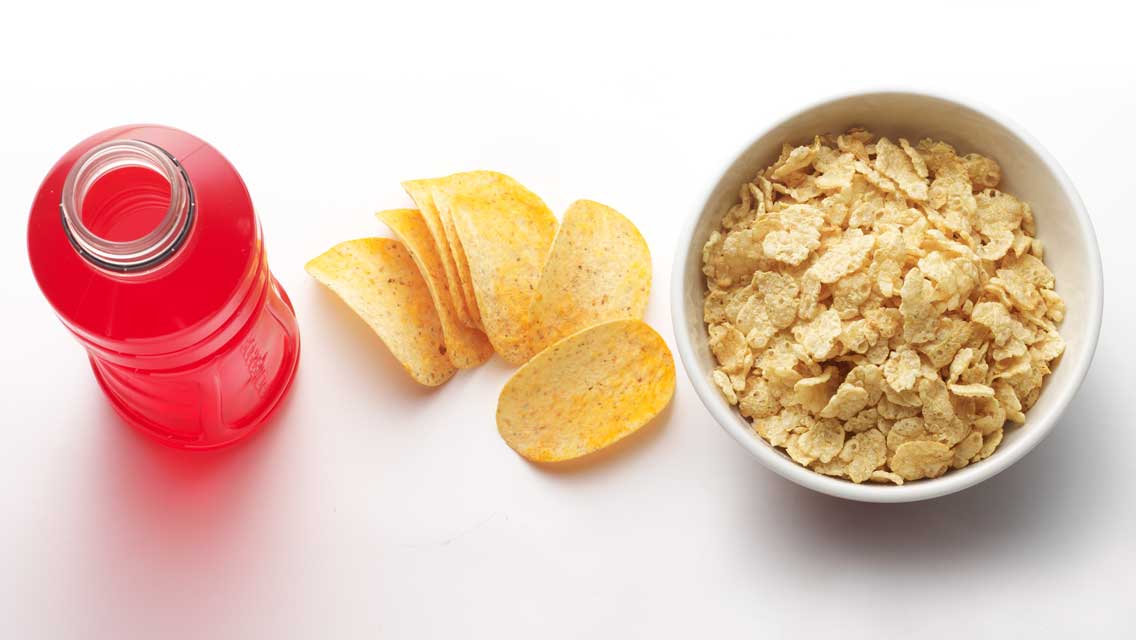During a particularly invigorating phase of my young adulthood, I spent the bulk of my working hours promoting the notion that food co-ops would one day change the way Americans interact with our nation’s malevolent food system — and spur them to eat better, too. This occurred during the mid-1970s, when all manner of revolution seemed imminent and only the most rigidly cynical of my comrades doubted that a vague appreciation of brown rice and alfalfa sprouts among the masses would prove transformative.
Systemic change, we later learned, is generational. More than a decade passed before a smattering of organic produce began to appear on the shelves of supermarkets, and it took another decade or so before General Mills and its ilk began to fortify their corporate portfolios by snatching up small companies that had seen the future of food way back in the day. Still, with sales of organic foods nearing $62 billion a year, there are moments these days when I can’t help but think bits and pieces of our revolutionary dreams of a half-century ago may have come to fruition.
Then there’s the occasional headline that yanks me back into the real world, like the results of a New York University study published last week noting that Americans are eating more poorly now than they were nearly 20 years ago. “The overall composition of the average U.S. diet has shifted towards a more processed diet,” notes Filippa Juul, PhD, a postdoctoral fellow at NYU’s School of Public Health. “This is concerning, as eating more ultraprocessed foods is associated with poor diet quality and higher risk of several chronic diseases.”
And, perhaps even more disconcerting, it’s boomers and their elderly peers who are leading the trend.
Analyzing data that tracked the dietary habits of almost 41,000 people of all ages who participated in the CDC’s National Health and Nutrition Examination Survey between 2001 and 2018, Juul and her research team found that participants over 60 were loading up on frozen pizza, breakfast cereals, salty snacks, and other ultraprocessed convenience foods at a greater rate than any other cohort. During the 18-year survey, this group went from eating the least amount of junk food (51.7 percent of daily calories) to the most (57.4 percent).
Juul suspects that we’ve been duped by the savvy marketing of heavily processed “natural” fare in recent years. “In the current industrial food environment, most of the foods that are marketed to us are in fact industrial formulations that are far removed from whole foods,” she notes. “Nevertheless, nutritional science tends to focus on the nutrient content of foods and has historically ignored the health implications of industrial food processing.”
Those implications, including obesity and a raft of chronic diseases, have been well documented. What’s been less studied, however, is the effects of junk food on our aging brains. That’s what Ruth Barrientos, PhD, and her Ohio State University research team set out to determine in a study published recently in the journal Brain, Behavior, and Immunity.
Barrientos, an associate professor of psychiatry and behavioral health, randomly assigned young male rats (3 months old) and old rats (24 months) into three groups. One batch ate normal rat chow (32 percent calories from protein, 54 percent from wheat-based complex carbs, 14 percent from fat); a second ate a highly processed mix (20 percent protein, 63 percent refined carbs, 17 percent fat); and a third supplemented the latter diet with docosahexaenoic (DHA), an omega-3 fatty acid.
After a mere four weeks, researchers observed a strong inflammatory response in the brains of the older rats that ate the junk-food mix. These rats also displayed signs of memory loss. The DHA supplementation, on the other hand, seemed to prevent these effects in the older rats that ate the same processed fare. The control group showed no neurological damage or behavior change.
“The fact that we’re seeing these effects so quickly is a little bit alarming,” Barrientos says. “These findings indicate that consumption of a processed diet can produce significant and abrupt memory deficits — and in the aging population, rapid memory decline has a greater likelihood of progressing into neurodegenerative diseases such as Alzheimer’s disease. By being aware of this, maybe we can limit processed foods in our diets and increase consumption of foods that are rich in the omega-3 fatty acid DHA to either prevent or slow that progression.”
Rather than dashing to the drug store (or your local food co-op, for that matter) to pick up some DHA supplements, Barrientos suggests we simply try to limit our intake of convenience food, add some fish and seafood to our diet, and generally be more mindful about what we’re eating. “Folks who are used to looking at nutritional information need to pay attention to the fiber and quality of carbohydrates,” she adds. “This study really shows those things are important.”
I suspect it’s equally important, when considering our rocky path to a whole-foods nirvana, to make some allowances for human nature. Progress is never linear; revolutionary zeal waxes and wanes as conditions change. Standing in line at a deli the other day, for instance, I was a bit surprised when the woman behind the counter asked me whether I wanted alfalfa sprouts on my sandwich. For the briefest of moments, I was cast back into my activist youth with all its clear lines and pure reasoning. But it soon passed, and I opted for lettuce. And a bag of chips.





This Post Has 0 Comments